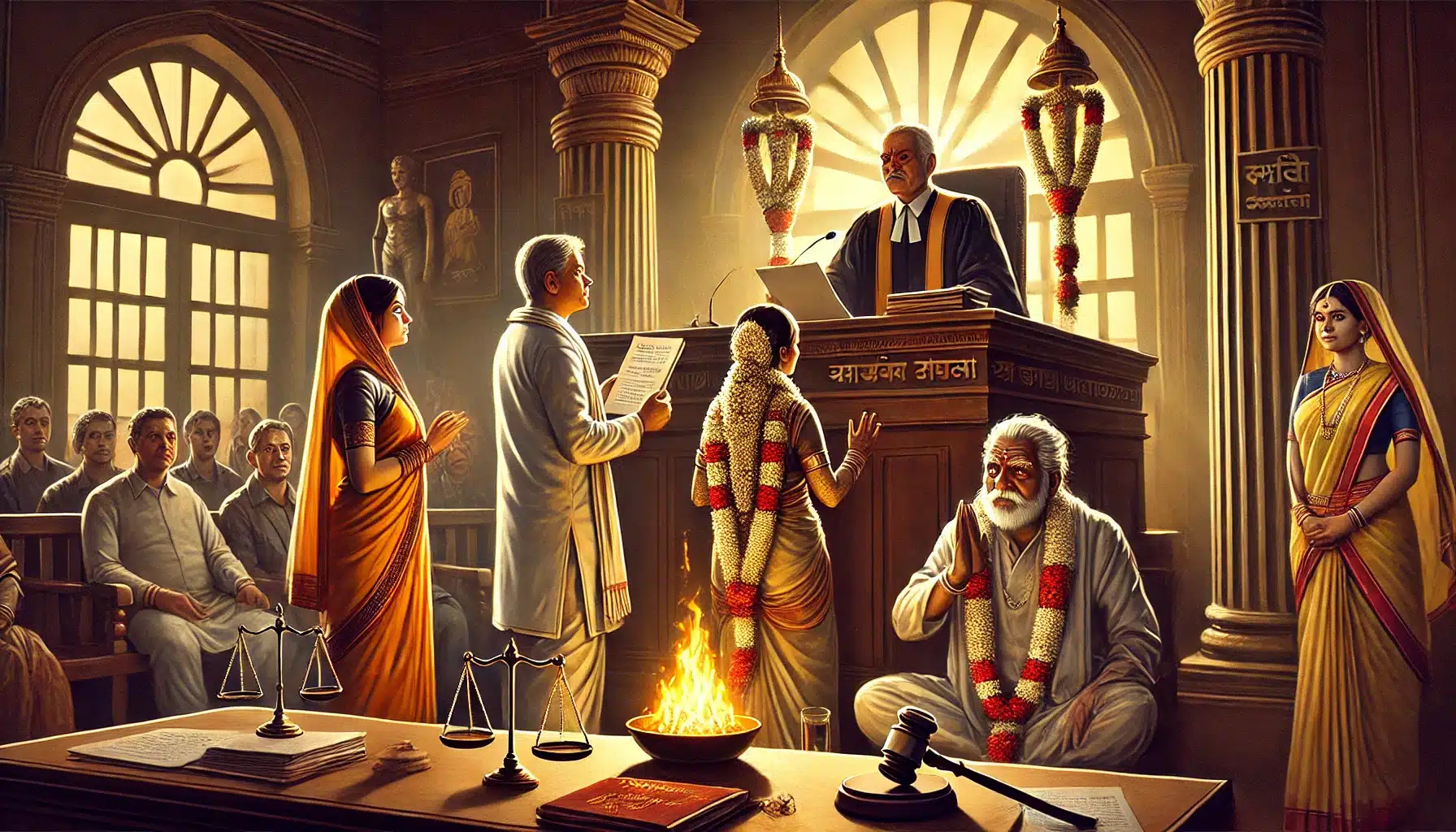
case-study
Case Study: Shruti Agnihotri v. Anand Kumar Srivastava
In the case Shruti Agnihotri v. Anand Kumar Srivastava, the Allahabad High Court (Lucknow Bench) held that a marriage certificate is valid proof of a Hindu marriage only if the marriage ceremonies, including saptapadi, were duly performed. The Court found that the respondent failed to prove the marr

case-study
Case Study: Shruti Agnihotri v. Anand Kumar Srivastava
In the case Shruti Agnihotri v. Anand Kumar Srivastava, the Allahabad High Court (Lucknow Bench) held that a marriage certificate is valid proof of a Hindu marriage only if the marriage ceremonies, including saptapadi, were duly performed. The Court found that the respondent failed to prove the marr
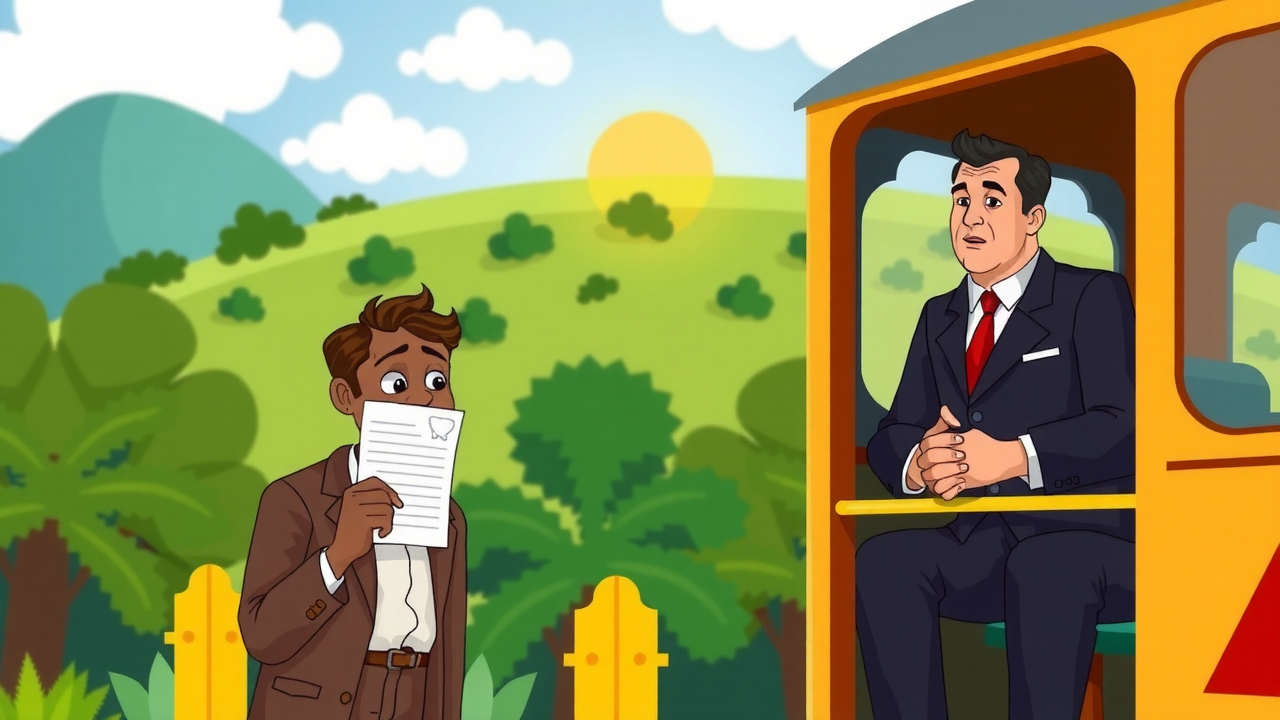
case-study
Case Study: Harvey v. Facey
The Harvey v. Facey case underscores the significance of clear and explicit communication in forming contracts. In this 1893 decision by the Privy Council, the court ruled that Mr. Facey’s response to Mr. Harvey’s inquiry about purchasing property did not constitute a binding offer but merely provid
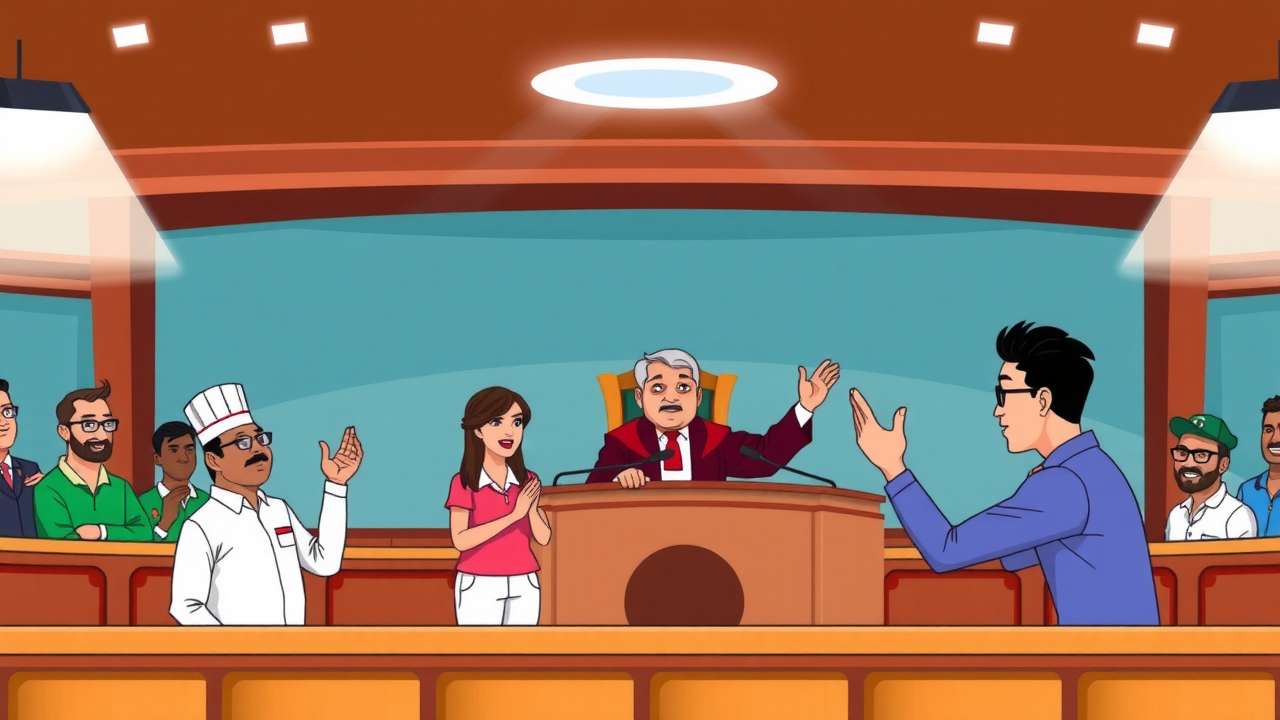
case-study
Case Study: Star India Pvt. Ltd. v. Piyush Agarwal & Ors.
In Star India Pvt. Ltd. v. Piyush Agarwal & Ors., the Delhi High Court addressed the conflict between proprietary commercial rights and constitutional freedoms. The court ruled that while factual information cannot be copyrighted, exclusive rights to monetize real-time cricket match updates can be e
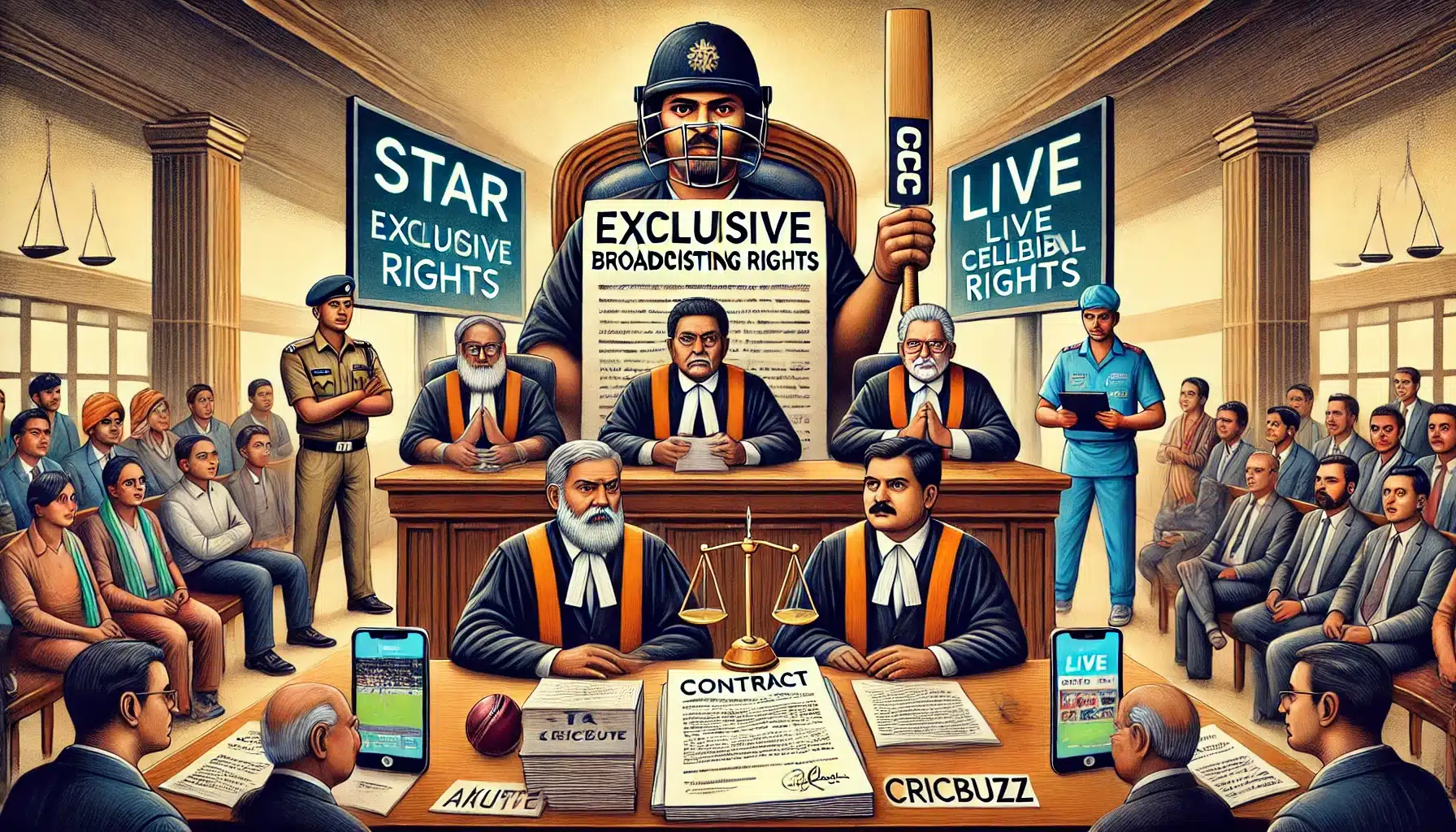
case-study
Case Study: Akuate Internet Services Pvt. Ltd. v. Star India Pvt. Ltd.
The case Akuate Internet Services Pvt. Ltd. v. Star India Pvt. Ltd. addressed the limits of copyright and the “Hot News” doctrine in India. The Delhi High Court ruled that Star India Pvt. Ltd.’s claims to exclusive rights over live match updates were invalid, as factual information cannot be copyrig
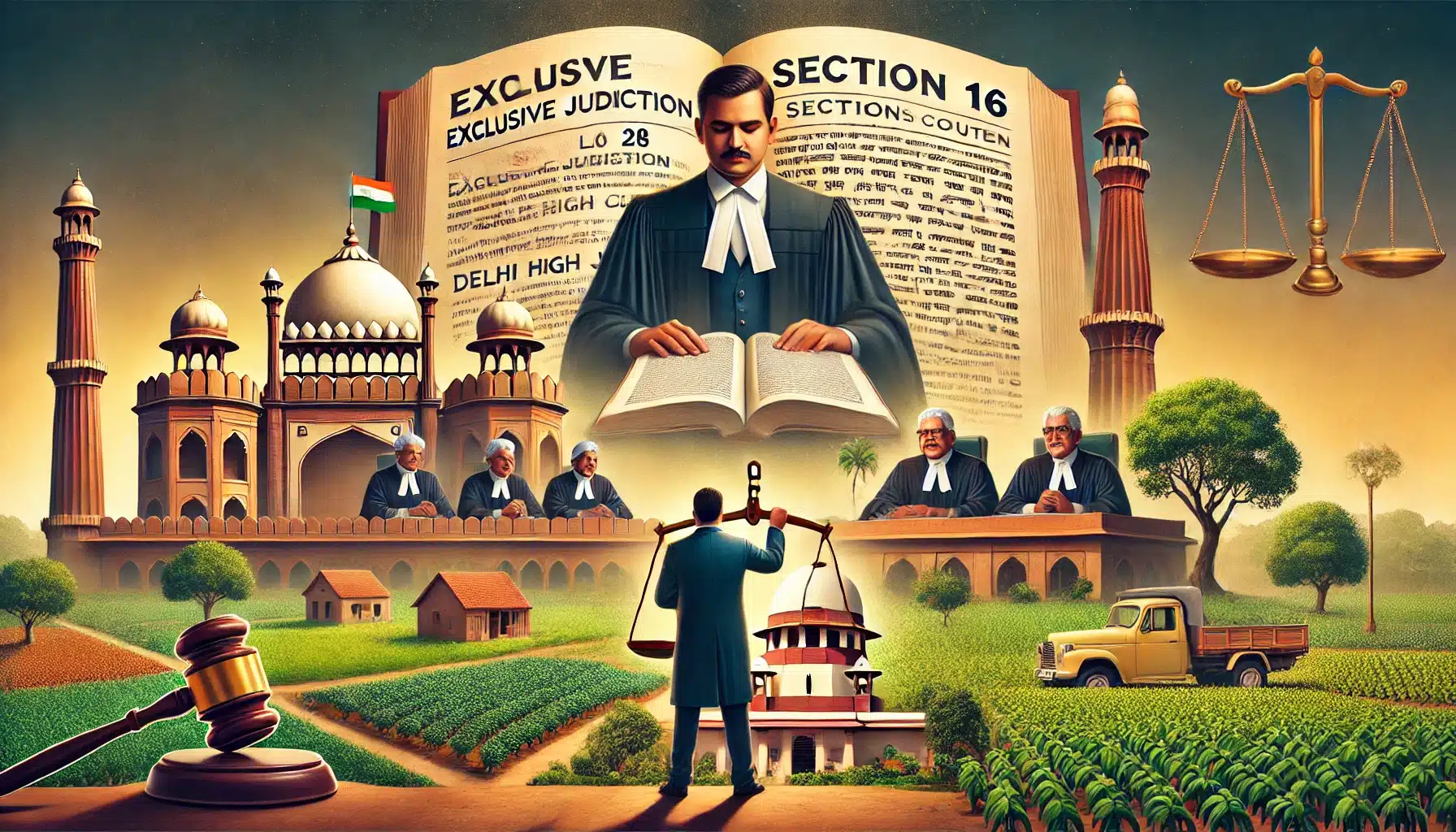
case-study
Case Study: Harshad Chiman Lal Modi v. D.L.F. Universal Ltd
The Supreme Court in Harshad Chiman Lal Modi v. D.L.F. Universal Ltd. emphasized the primacy of territorial jurisdiction in cases involving immovable property. The Court held that the Delhi Court lacked jurisdiction to hear a suit for specific performance concerning property in Haryana, despite an e
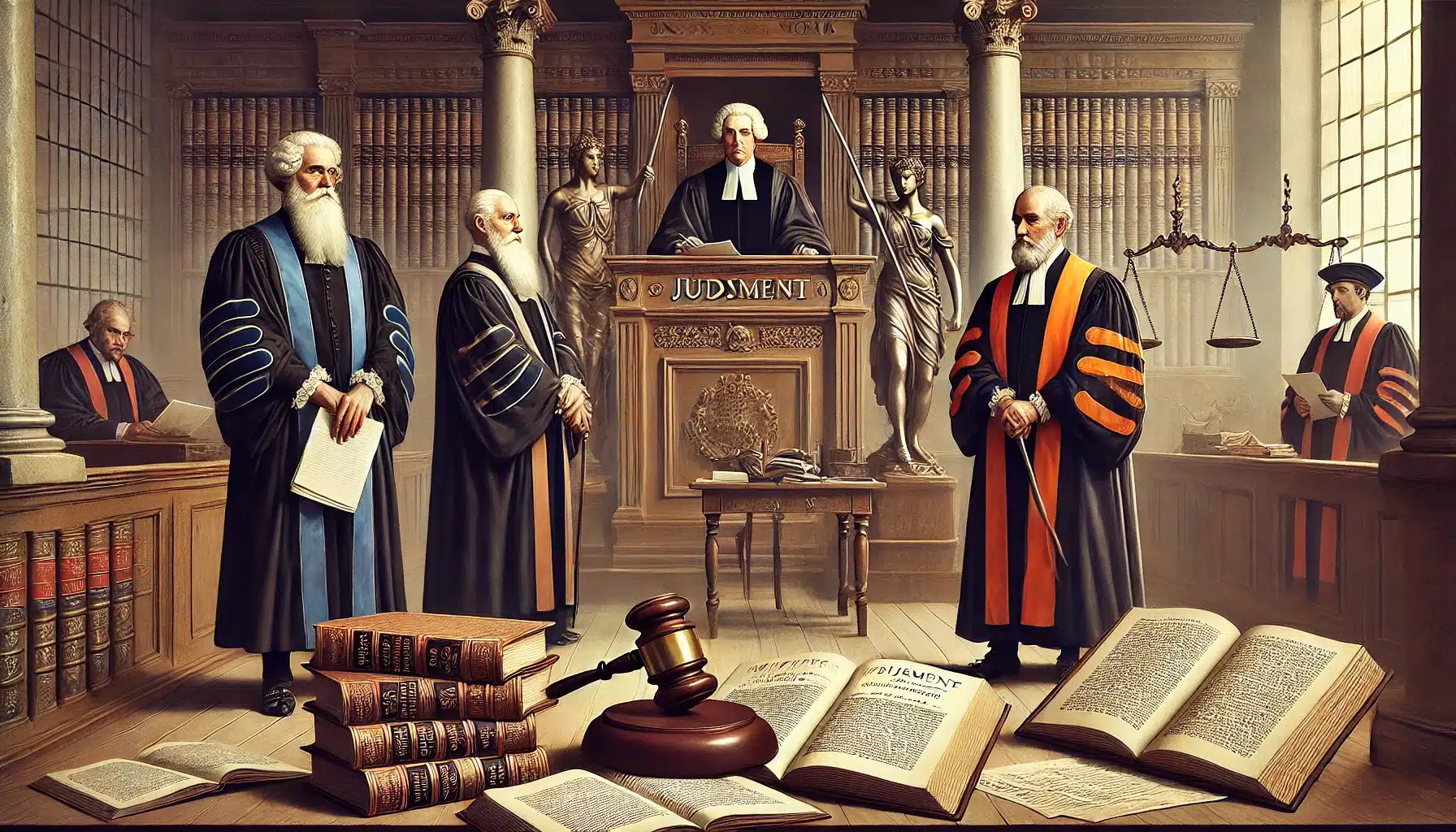
case-study
Case study: University of London Press v. University Tutorial Press
The case of University of London Press v. University Tutorial Press Ltd ([1916] 2 CH 601) established that examination papers qualify as “original literary works” under copyright law. The court held that originality in copyright does not require novelty but involves skill, labor, and judgment in cre
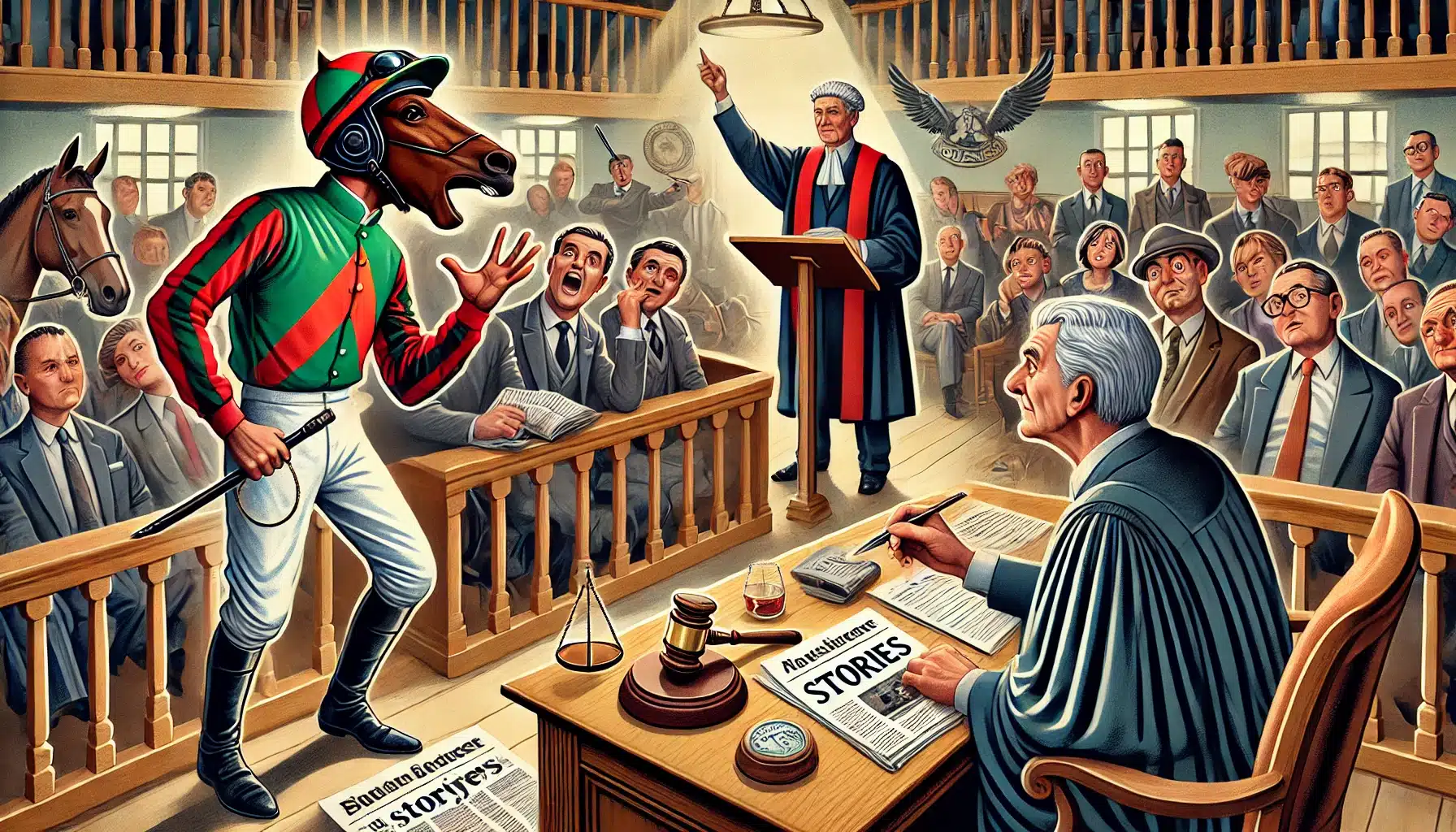
case-study
Case Study: Donoghue v. Allied Newspapers Ltd.
In Donoghue v. Allied Newspapers Ltd. (1937), the UK High Court ruled that Steve Donoghue, who provided ideas and stories, did not own the copyright in articles written by journalist Mr. Felstead. The court held that copyright protection applies to the specific form of expression, not to the underly
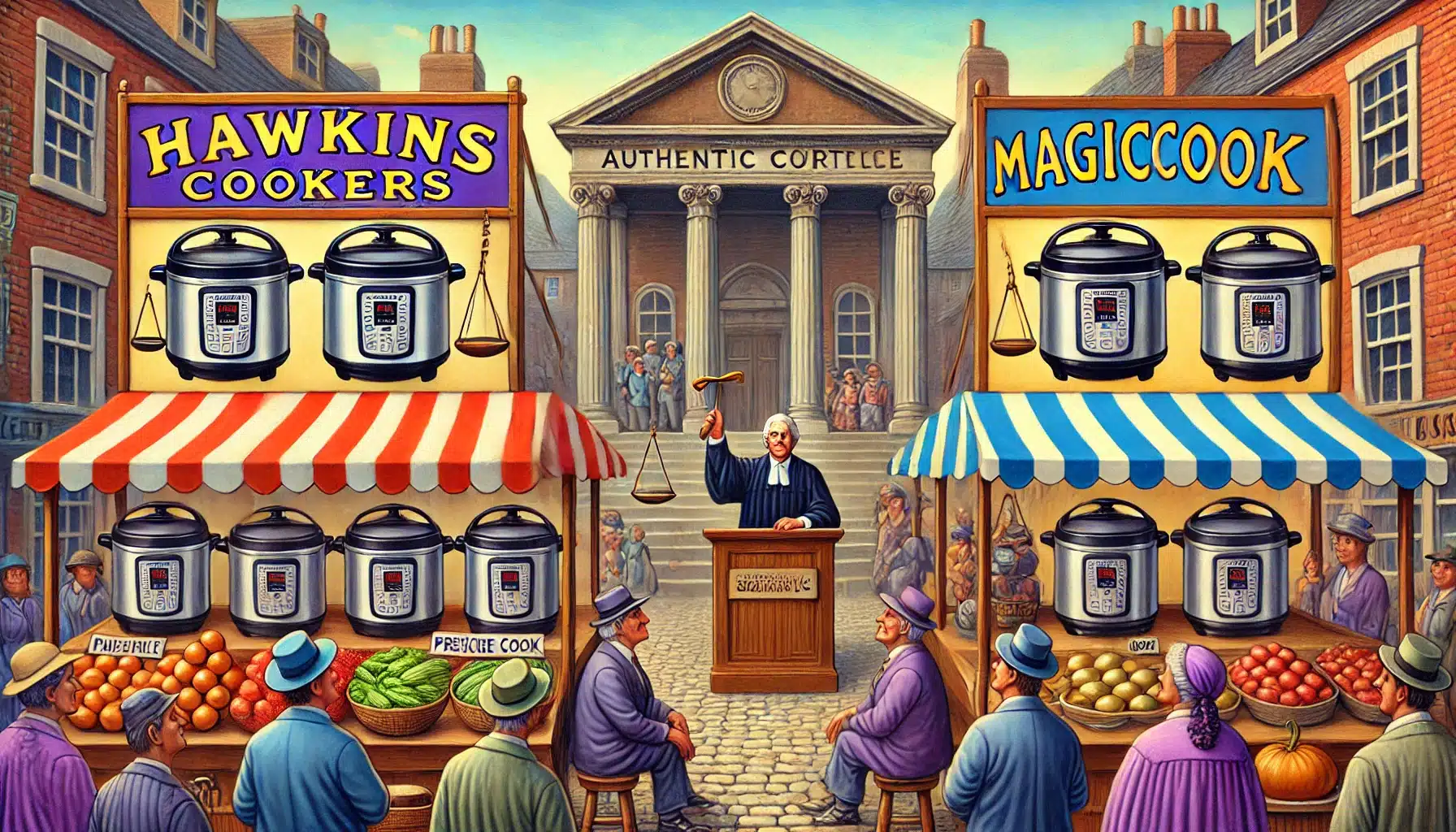
case-study
Case Study: Hawkins Cookers Ltd. v. Magicook Appliances Co.
In the case of Hawkins Cookers Ltd. v. Magicook Appliances Co. (2002), the Delhi High Court ruled in favor of Hawkins, affirming copyright infringement and passing off. The court found that Magicook’s labels and cookbooks were deceptively similar to Hawkins’ registered artistic works, leading to con

case-study
Case Study: Macmillan & Company Ltd. v. Cooper
In Macmillan & Company Ltd. v. Cooper (1924), the Bombay High Court ruled that the unauthorized publication of an abridged version of a copyrighted work constitutes copyright infringement. The court upheld the trial court’s decision, emphasizing that even an abridged version, which requires signific
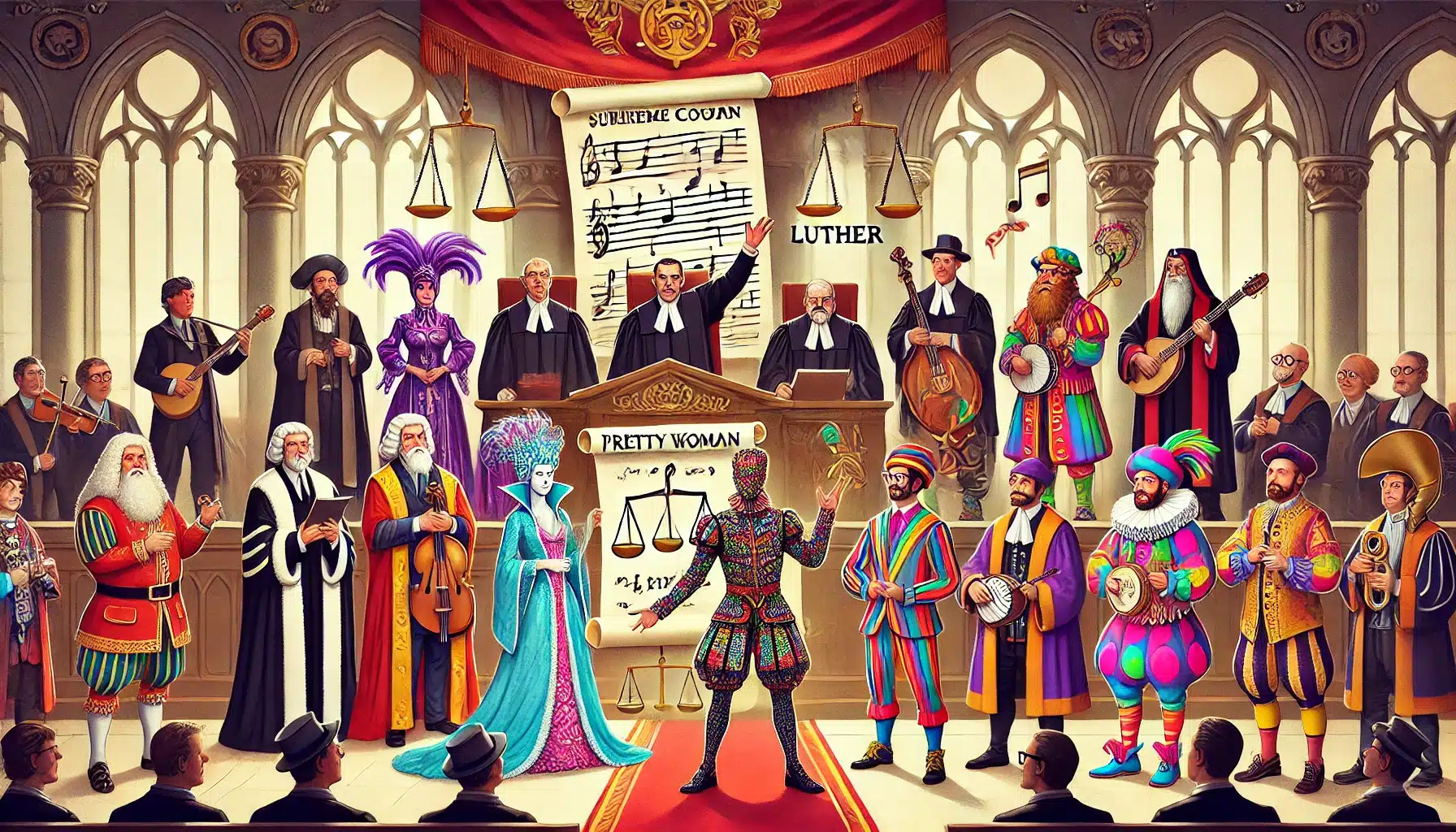
case-study
Case study: Campbell v. Acuff-Rose Music, Inc.
Campbell v. Acuff-Rose Music, Inc., 510 U.S. 569 (1994), is a pivotal Supreme Court case that clarified the application of fair use in copyright law, particularly concerning parodies. The Court ruled that commercial purpose does not automatically negate fair use and that a parody can be transformati
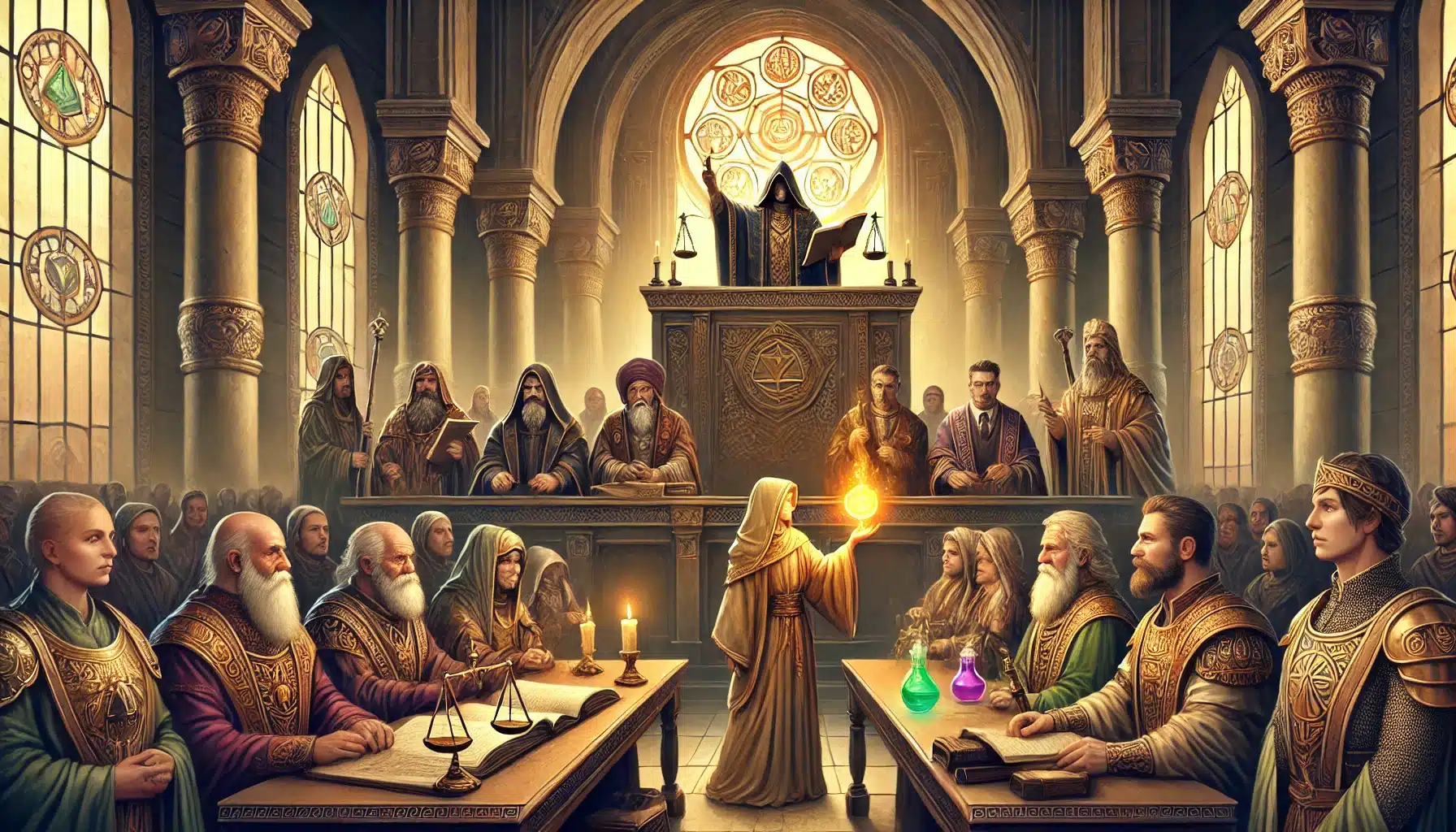
case-study
Case Study: Bayer Corporation v. Union of India (2014)
The Bayer Corporation v. Union of India case emphasizes the legal framework for granting compulsory licenses under the Indian Patents Act, 1970, particularly to ensure that essential medicines are accessible at affordable prices. The Bombay High Court upheld the Controller’s decision to grant a comp
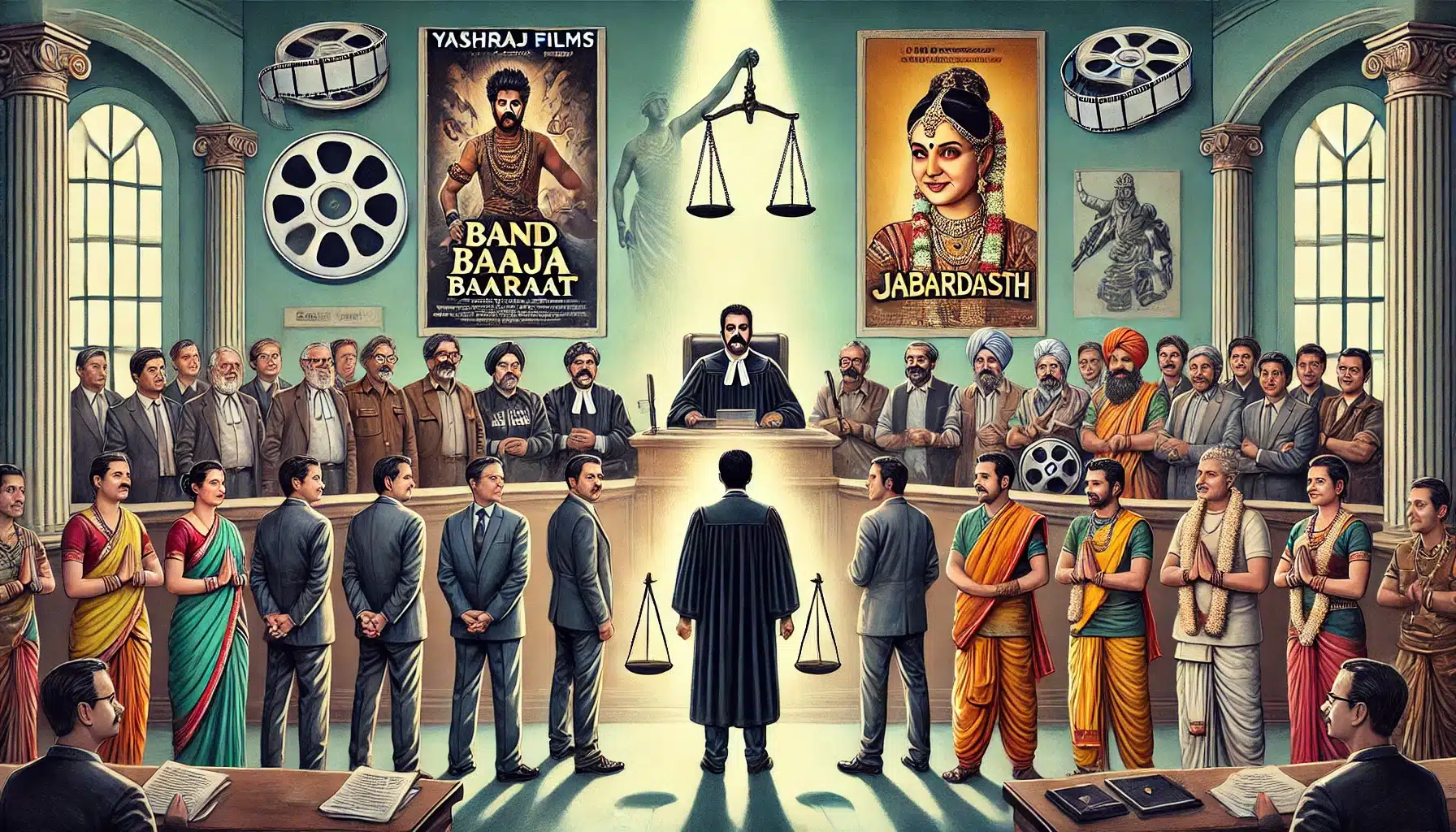
case-study
Case study: Yash Raj Films Pvt Ltd v. Sri Sai Ganesh Productions and Ors.
In Yash Raj Films Pvt Ltd v. Sri Sai Ganesh Productions (2019), the Delhi High Court ruled in favor of Yash Raj Films, finding that the Telugu remake “Jabardasth” was a substantial copy of the Bollywood movie “Band Baaja Baaraat.” The court emphasized that copyright protection extends beyond physica
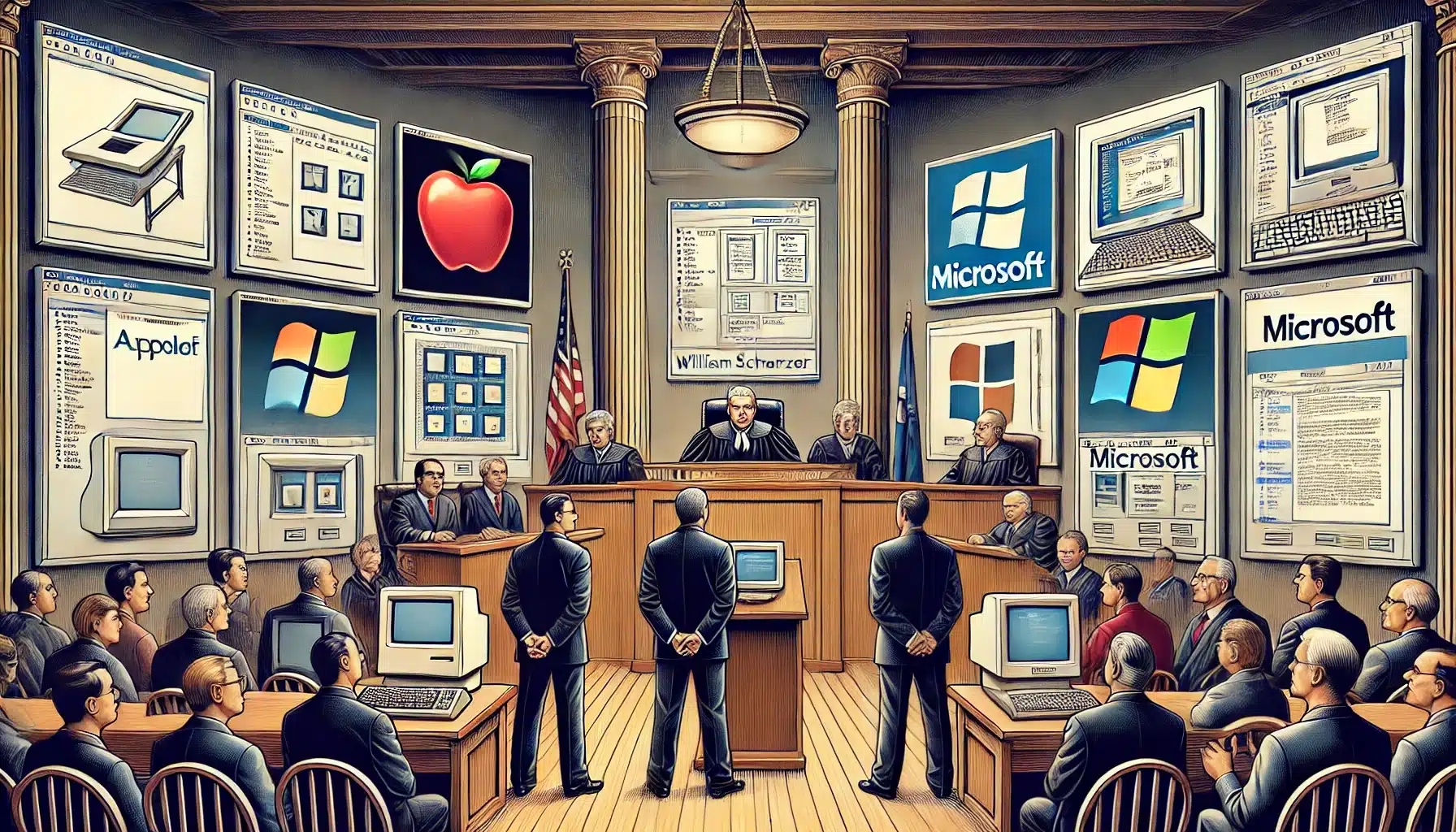
case-study
Case Study: Apple Computer, Inc. v. Microsoft Corporation & Hewlett-Packard Company
In the 1991 case Apple Computer, Inc. v. Microsoft Corporation & Hewlett-Packard Company, Apple sued Microsoft and HP, alleging that their software infringed on Apple’s copyright-protected graphical user interface (GUI) from the Macintosh. The court ruled that while the 1985 Agreement between Apple
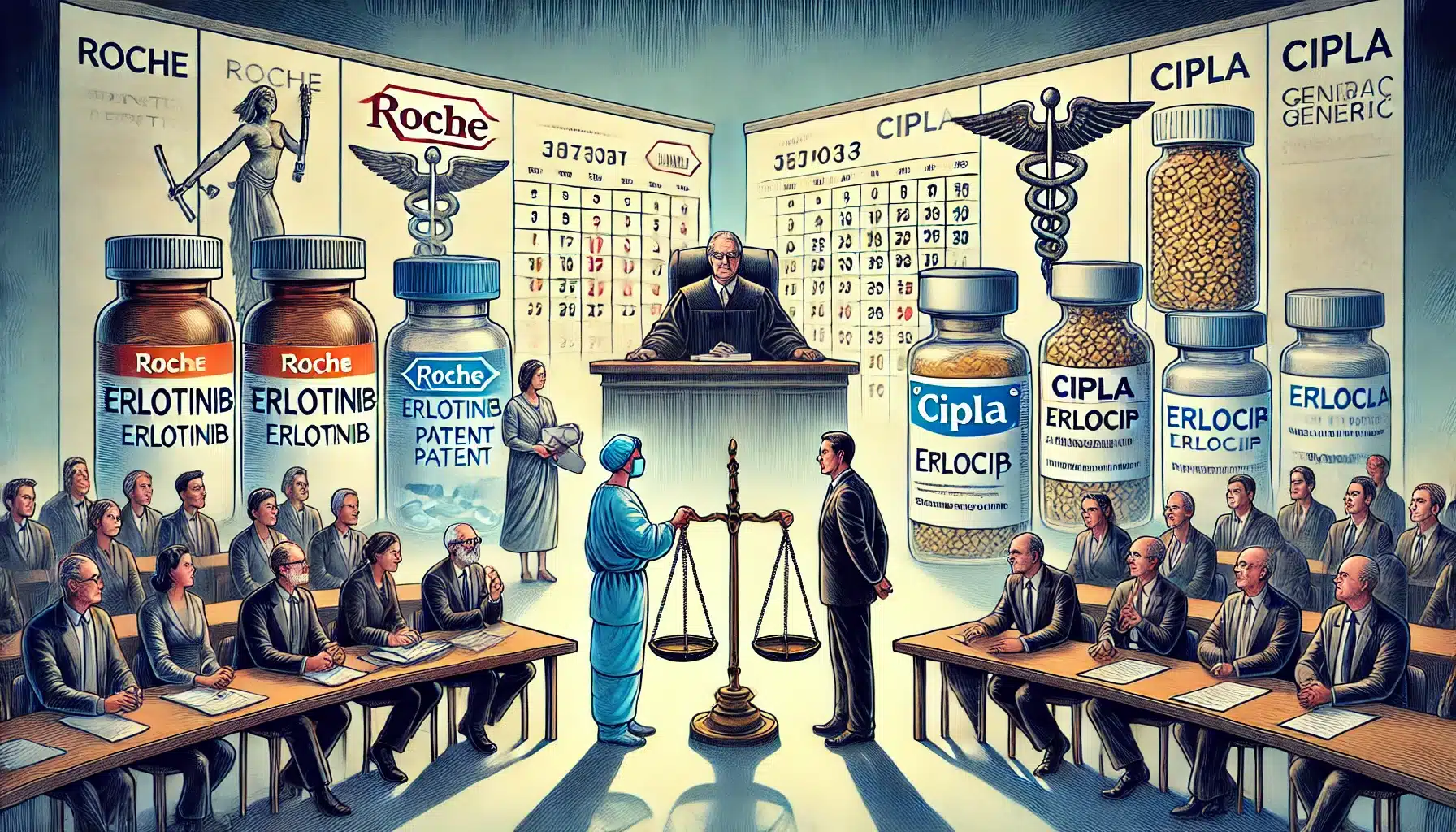
case-study
Case Study: F. Hoffmann-La Roche Ltd. & Anr. Petitioners v. Cipla Ltd.
The legal battle between Roche and Cipla over the drug Erlotinib highlighted the tension between patent rights and public access to affordable medication. The Delhi High Court upheld Roche’s patent but declined to grant an injunction against Cipla’s generic version, citing the impending patent expir
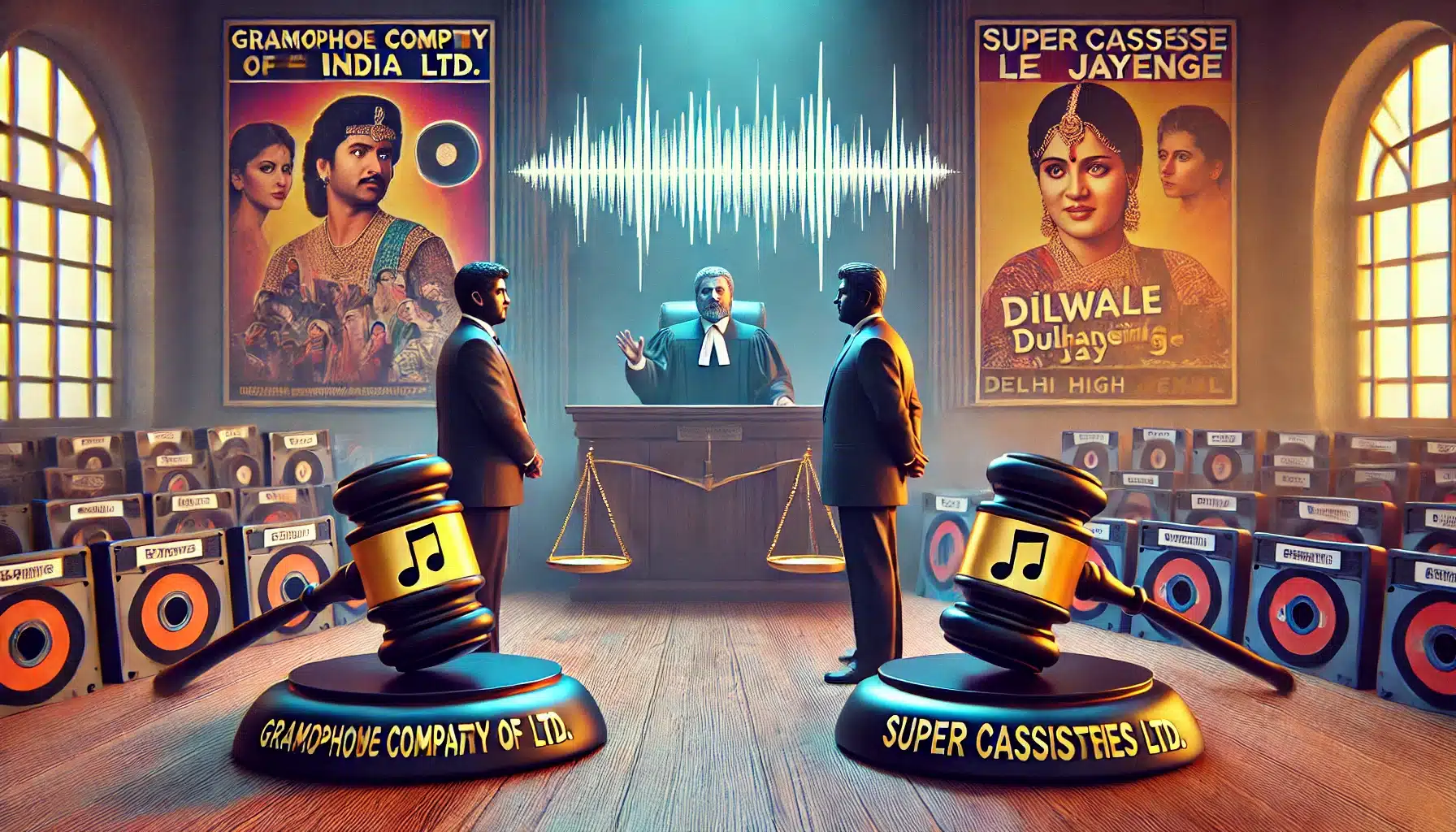
case-study
Case Study: The Gramophone Company of India v. Super Cassette Industries Ltd.
The Gramophone Company of India v. Super Cassette Industries Ltd. case is pivotal in copyright law, particularly in the music industry. The Delhi High Court ruled that Super Cassette Industries infringed upon the copyright of Gramophone Company by producing unauthorized version recordings of their s
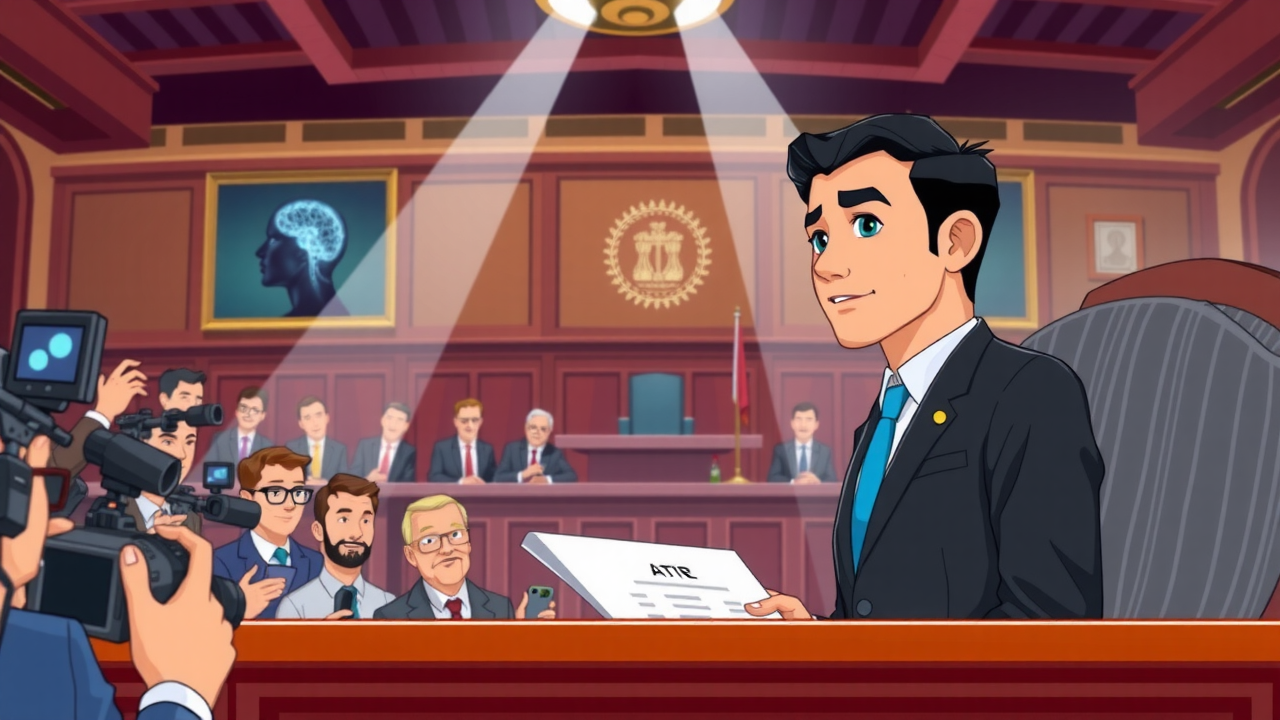
case-study
Case Study: Arijit Singh v. Codible Ventures LLP
In Arijit Singh v. Codible Ventures LLP, the Bombay High Court upheld the singer’s personality rights, ruling that unauthorized use of his name, voice, and image by the defendants, including AI-generated replicas, violated his rights. The court emphasized that celebrities have the right to control t
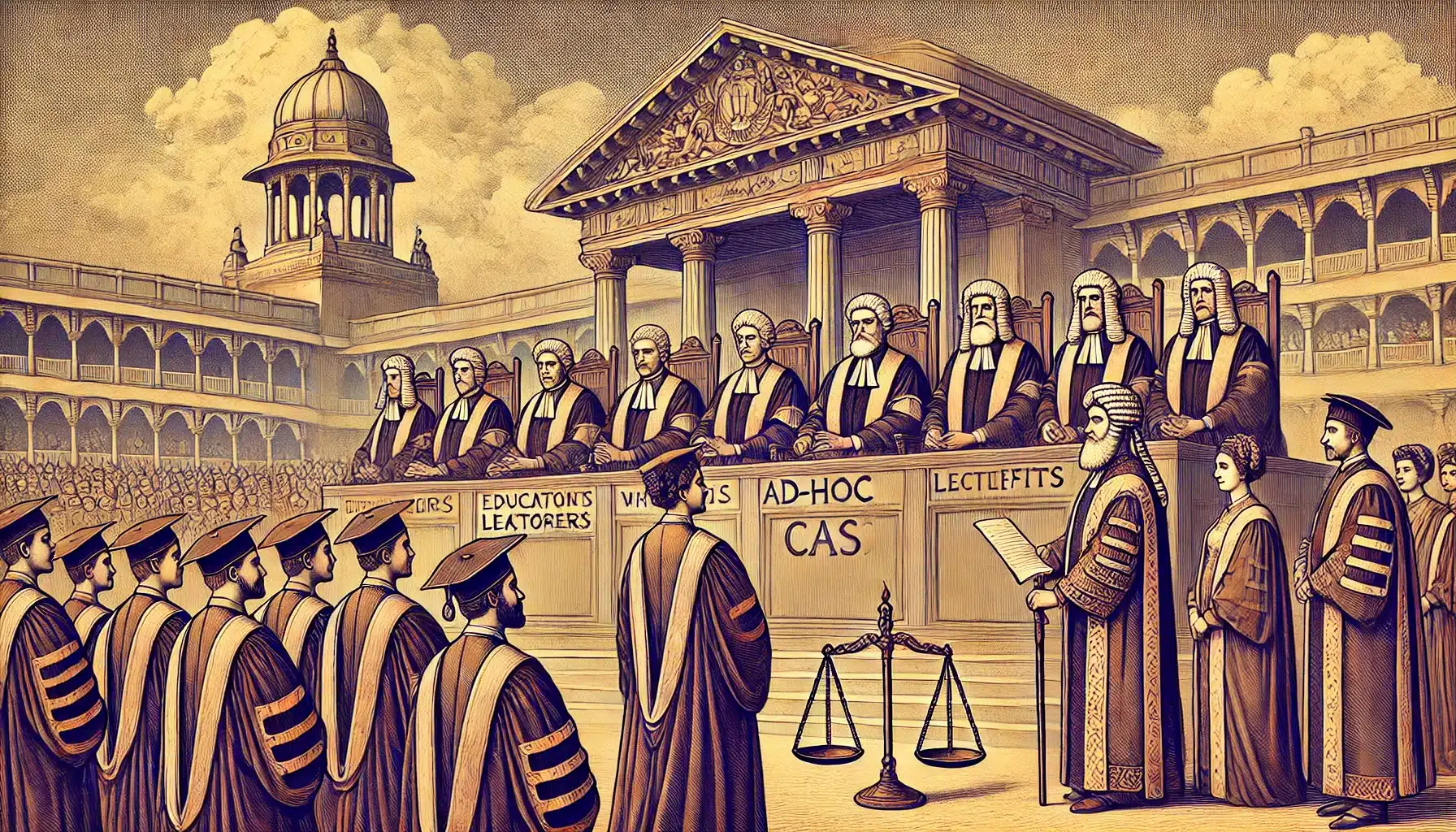
case-study
Case Study: Rajasthan Agricultural University, Bikaner, Through its Registrar v. Dr. Zafar Singh Solanki & Ors
The Supreme Court, in Rajasthan Agricultural University, Bikaner v. Dr. Zafar Singh Solanki & Ors., ruled that ad-hoc service as a Lecturer cannot be counted towards eligibility for the senior pay scale under the Career Advancement Scheme (CAS). The Court emphasized that CAS is a policy matter, and

case-study
Case Study: Ram Jankijee Deities and Ors. v. State of Bihar and Ors.
In the case Ram Jankijee Deities and Ors. v. State of Bihar and Ors. (AIR 1999 SC 2131), the Supreme Court of India recognized Hindu deities ‘Ram Jankiji’ and ‘Raja Rani’ as separate juristic entities capable of holding property. The Court ruled that each deity is entitled to individual grants and e
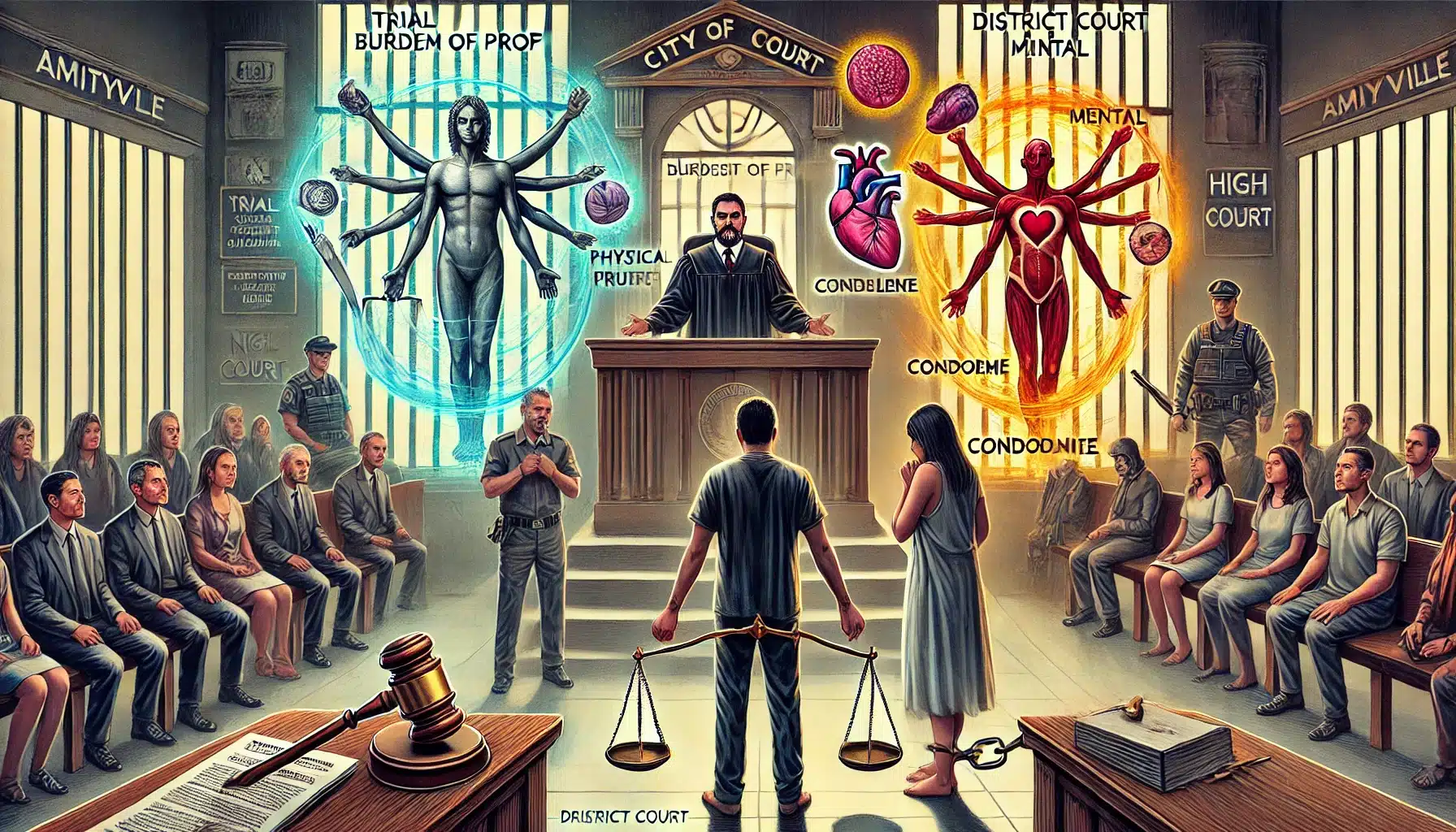
case-study
Case Study: Dr. N.G. Dastane v. Mrs. S. Dastane
In the landmark case Dr. N.G. Dastane v. Mrs. S. Dastane, the Supreme Court addressed issues of cruelty, burden of proof, and condonation within marriage under the Hindu Marriage Act. The court established that the petitioner must prove cruelty by a preponderance of probability, not beyond a reasona
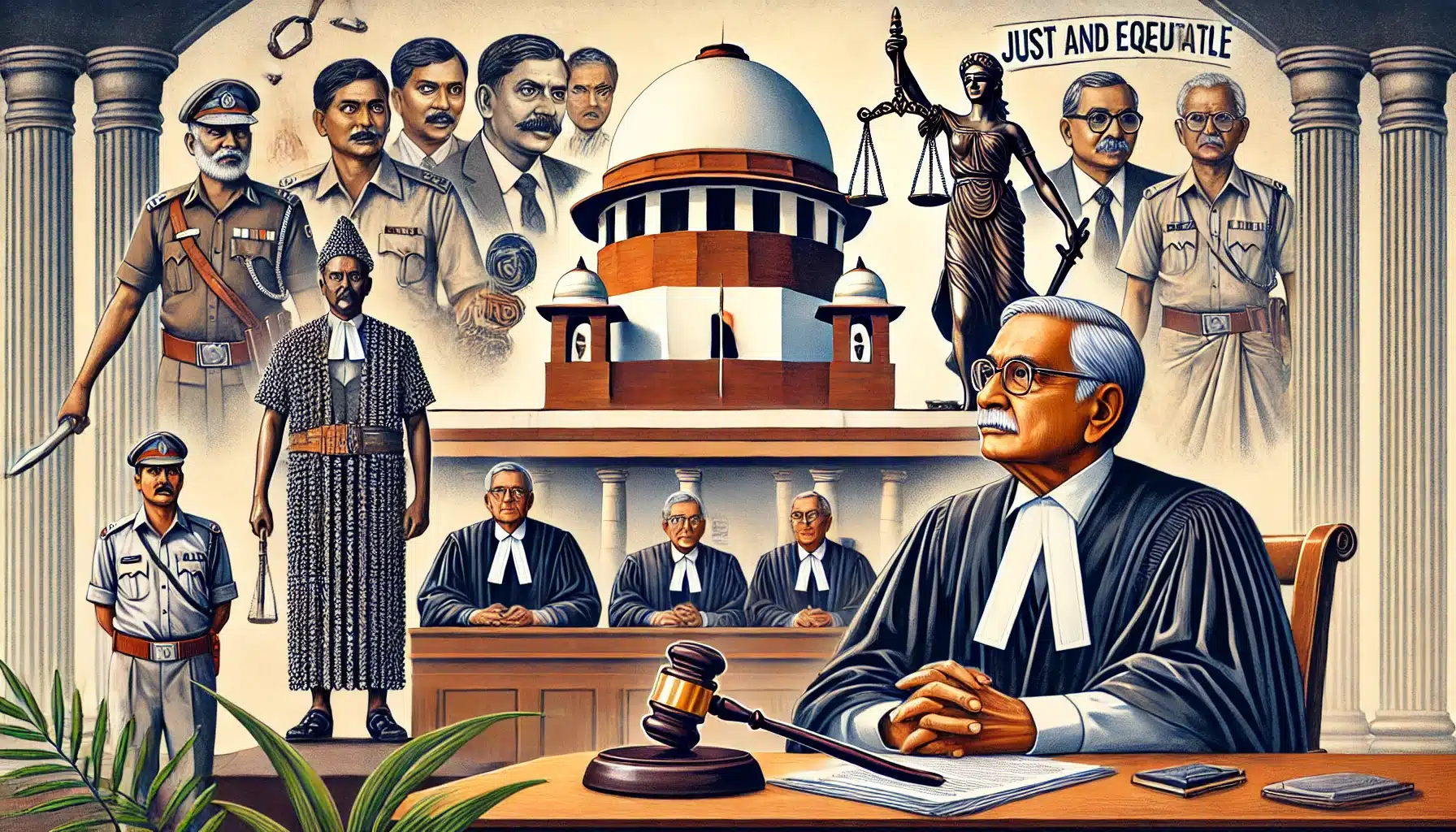
case-study
Case Study: Rajahmundry Electric Supply Corporation Ltd. v. A. Nageshwara Rao
In Rajahmundry Electric Supply Corporation Ltd. v. A. Nageshwara Rao, the Supreme Court of India emphasized that the “just and equitable” clause in the Companies Act should be broadly interpreted to address gross mismanagement by directors. The Court upheld the winding-up order, maintaining that the
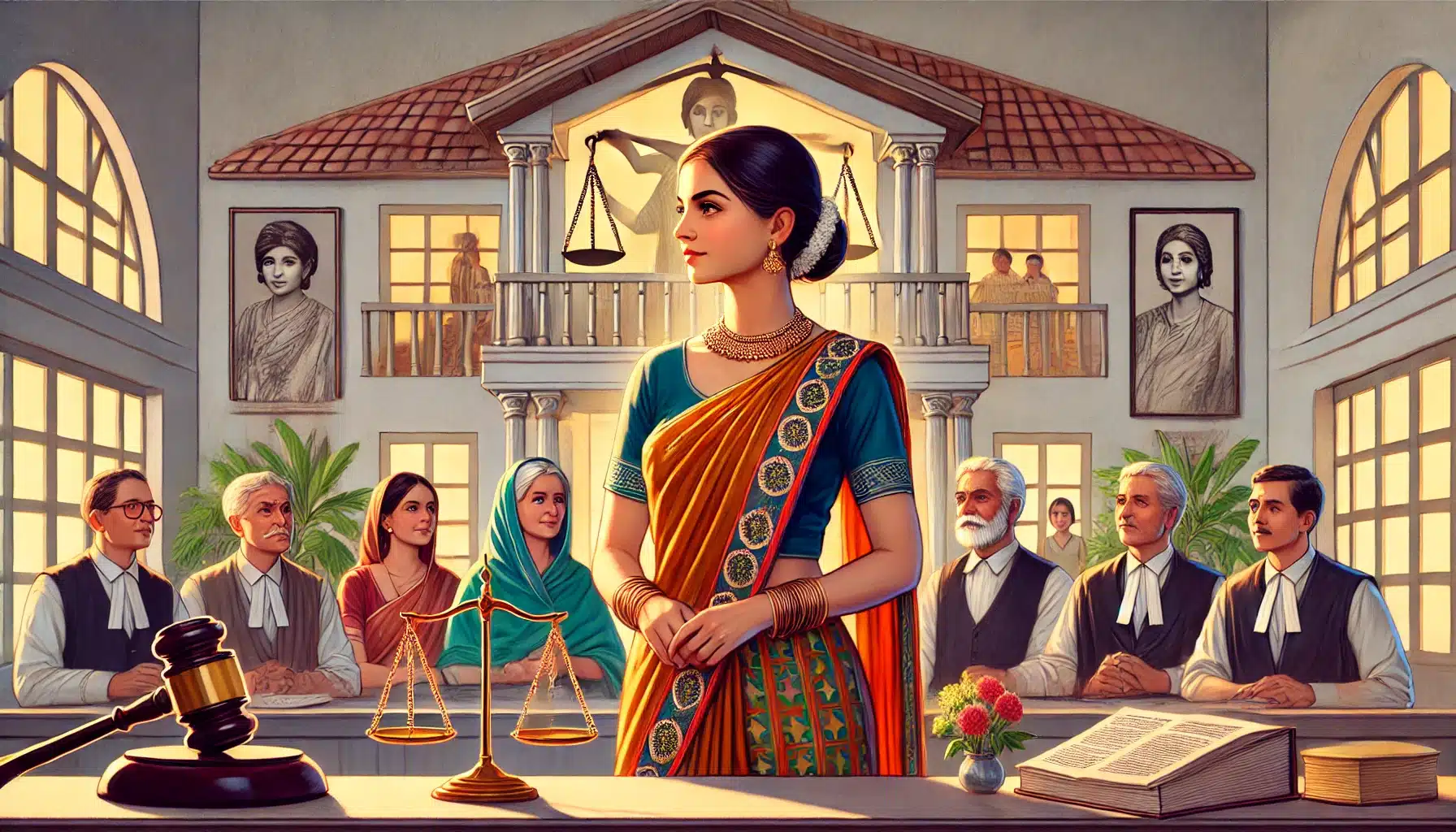
case-study
Case Study: Vineeta Sharma v. Rakesh Sharma
In Vineeta Sharma v. Rakesh Sharma (2020), the Supreme Court of India upheld the coparcenary rights of daughters, granting them equal rights from birth under the Hindu Succession (Amendment) Act, 2005. Overruling previous rulings, the court confirmed that these rights are retroactive, thus daughters
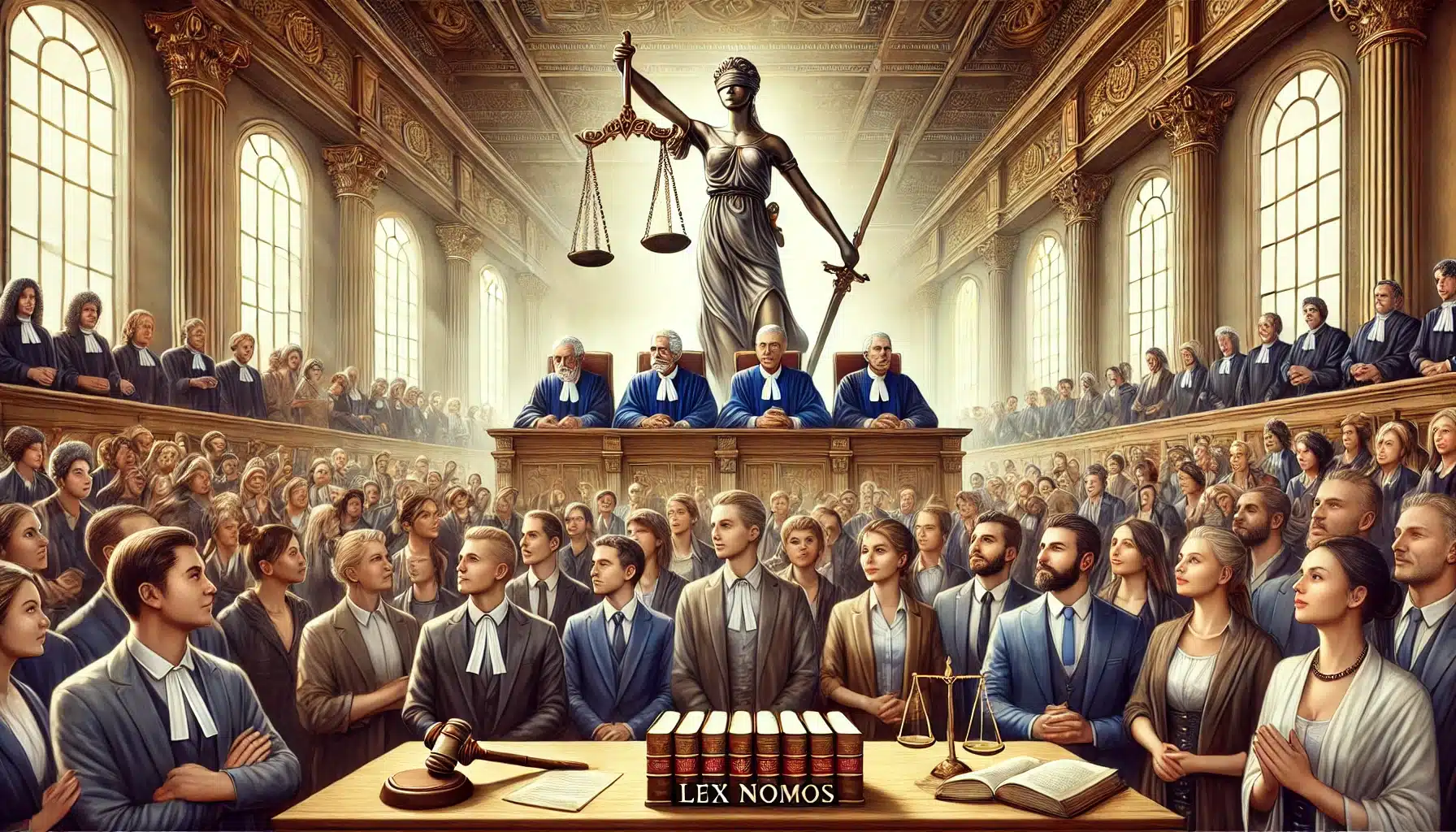
case-study
Case Study: Gaurav Kumar v. Union of India
In the case of Gaurav Kumar v. Union of India (WP (C) No. 352 of 2023), the Supreme Court of India held that enrollment fees for advocates must align with Section 24(1)(f) of the Advocates Act, 1961. The Court ruled that fees cannot exceed Rs. 750 for general category and Rs. 125 for SC/ST advocates
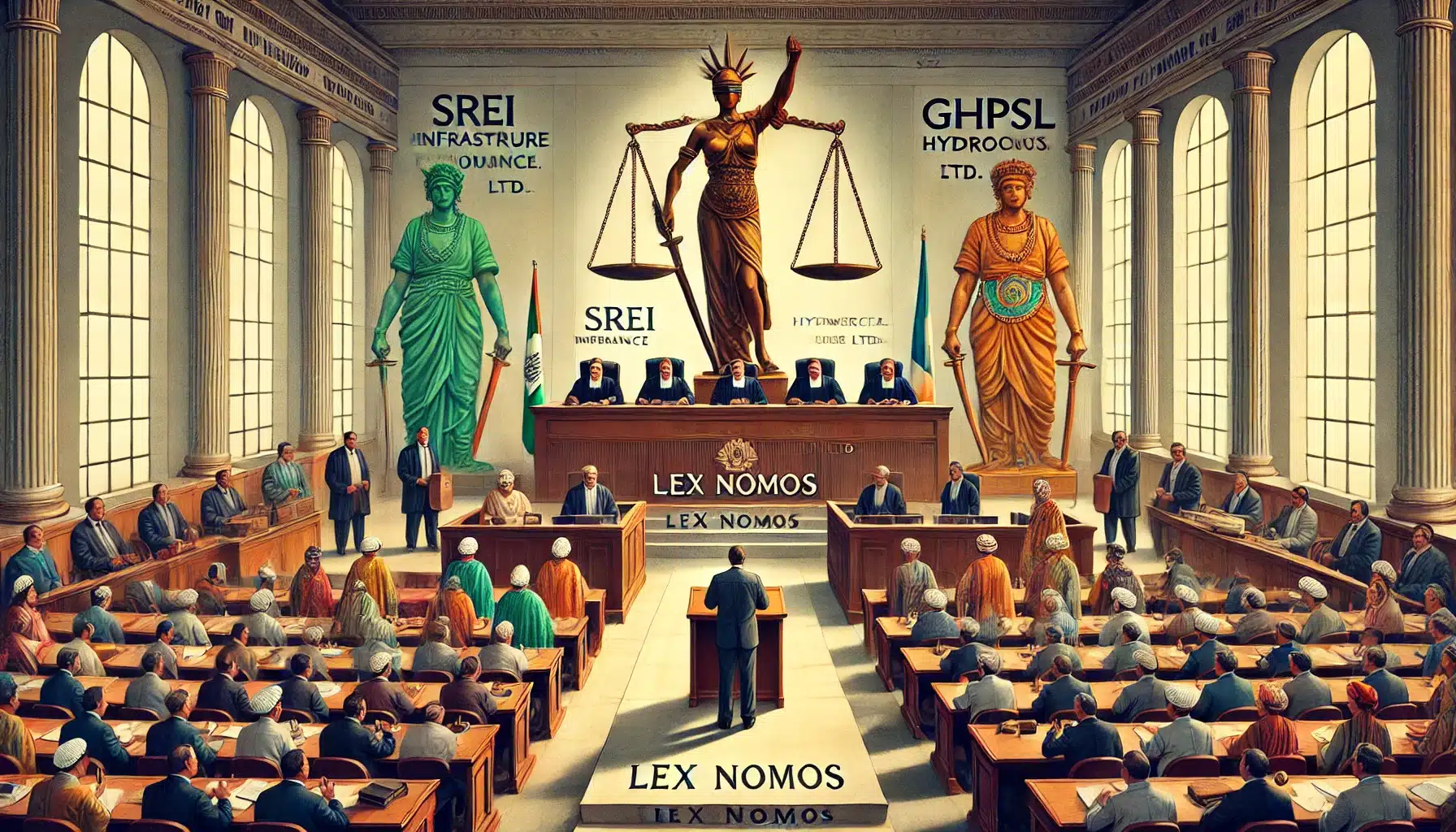
case-study
Case Study: BRS Ventures Investments Ltd. v. SREI Infrastructure Finance Ltd. & Anr.
SREI Infrastructure Finance Ltd. granted Gujarat Hydrocarbon and Power SEZ Ltd. a Rs. 100 crore loan secured by a mortgage and share pledges. Upon default, SREI invoked ACIL’s corporate guarantee and filed an IBC application against ACIL, admitted on 26.10.2017. BRS Ventures Investments Ltd.’s resol
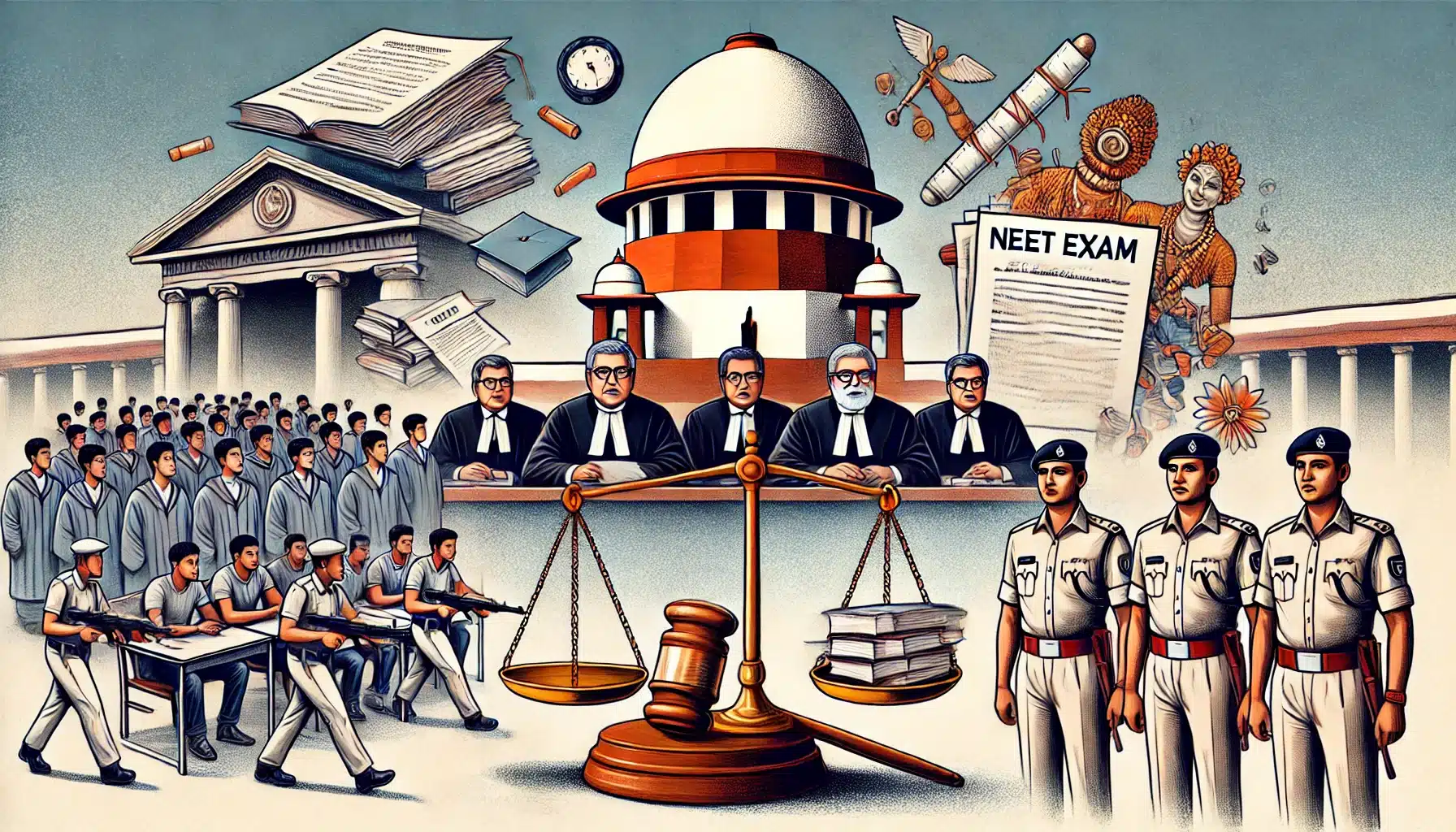
case-study
Case comment: Vanshika Yadav v. Union of India and Ors.
In the case of Vanshika Yadav v. Union of India (W.P. (C) No. 335/2024), the Supreme Court addressed the NEET (UG) 2024 paper leak incident. Despite acknowledging leaks in Hazaribagh and Patna centers, the Court refused to cancel the exam, citing a lack of evidence of systematic breach affecting the
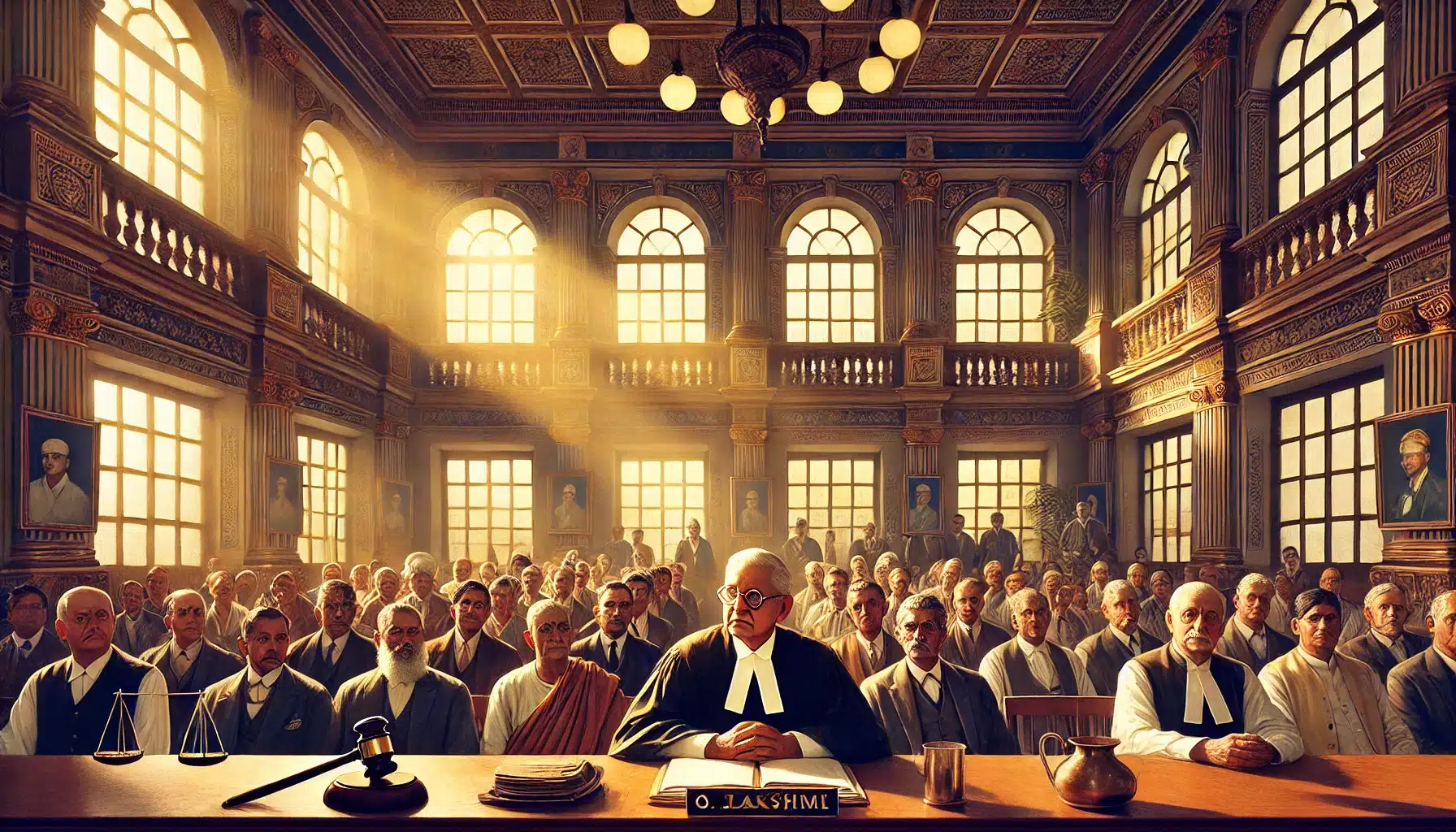
case-study
Case Study: Workers v. Associated Rubber Industry Ltd.
In Workers v. Associated Rubber Industry Ltd. (AIR 1986 SC 1), the Supreme Court of India held that the corporate veil could be lifted to examine the economic realities behind legal structures. Associated Rubber Industry Ltd. transferred shares to a subsidiary to evade paying higher worker bonuses.

